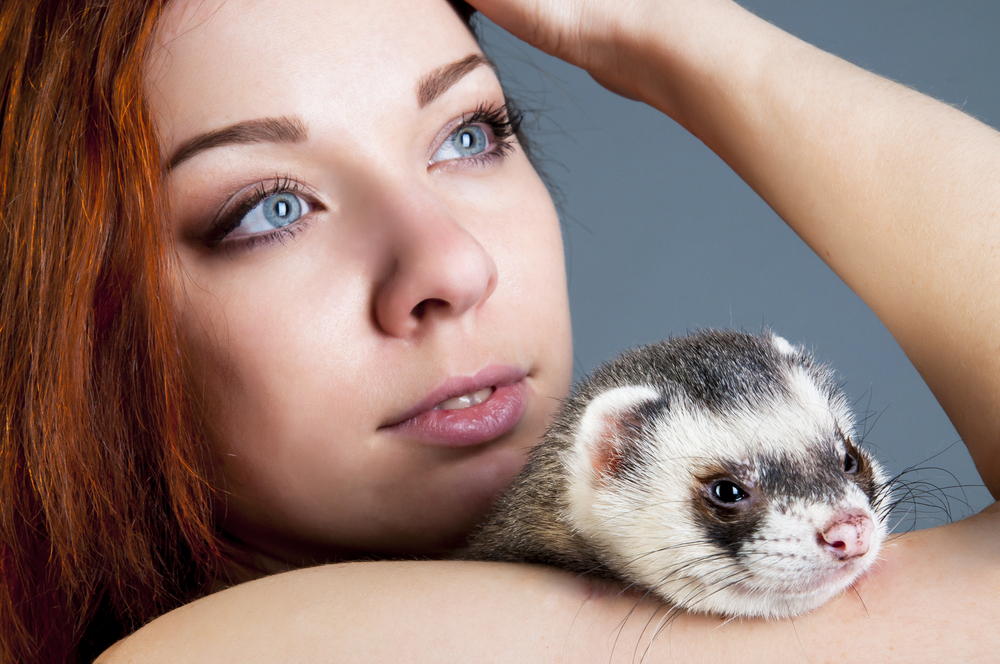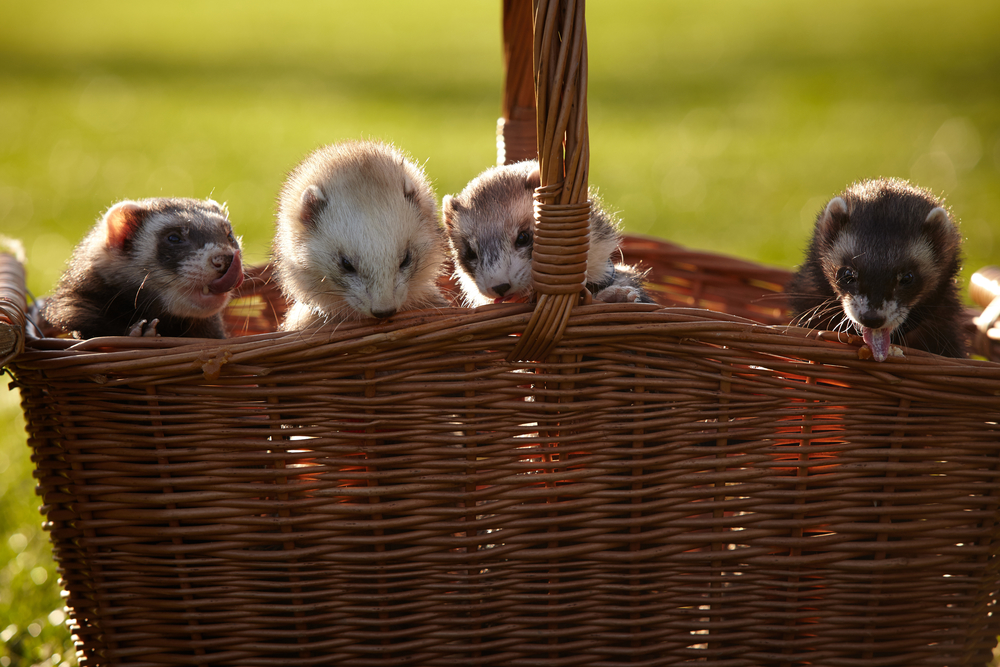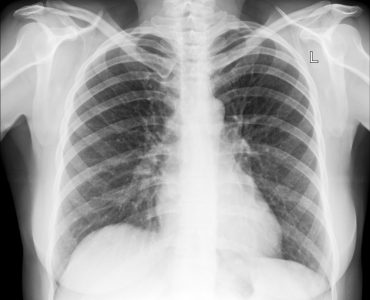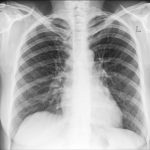Ferrets are strict carnivores, and require a diet rich in animal protein, fats and quality ingredients. Ferrets have a very short digestive tract, and do not have a cecum, the portion of the digestive tract responsible for breaking down vegetable proteins. Giving a ferret too much fibre or vegetable protein can cause serious health problems, such as kidney and bladder stones, malnutrition, and death. Fruits, grains and vegetables should not be a part of a ferret’s diet.
Suitable ferret food can be purchased from most pet shops and some veterinarians. There are several high quality, all-in-one ferret foods on the market. These products are specially formulated for ferrets, contain the optimal amounts of proteins and fats, and are ideal for proper ferret nutrition. However, high quality kitten and cat food is also a good alternative if ferret food is not available. When considering which food is best, look for meat as the first ingredient on the back of the bag. A good quality biscuit food is also free from artificial preservatives and artificial colours.
Ferrets need access to food and fresh water 24 hours a day. They have very fast metabolisms, and can become severely dehydrated quickly. A healthy ferret will eat about 10 small meals a day. Water should be provided in a heavy bowl, as ferrets love to splash and play, which means the bowl may be tipped over quite often. In addition to a water dish, hanging a water bottle from the side of the cage is also a good idea in case the spill happens when no one is at home.












